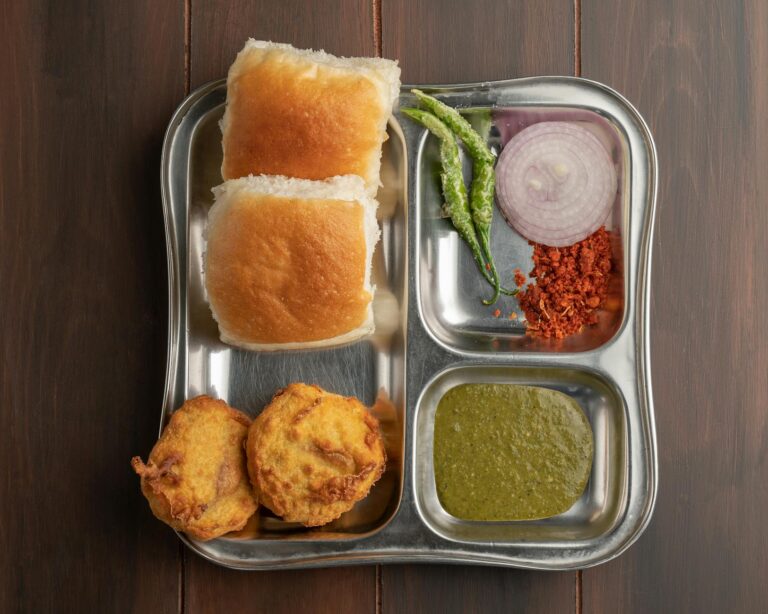Kerala Nurse Nimisha Priya Gets a Second Chance—But It’s Complicated
You know how some news stories just grab you by the throat? Nimisha Priya’s case did that to me. One minute she’s a nurse from Kerala trying to make ends meet in Yemen, next thing you know—death sentence. But here’s the twist: Kerala’s Grand Mufti, Sheikh Abu Bakr Ahmad, stepped in and got her a temporary stay. Just goes to show how messy, unpredictable, and sometimes hopeful these international messes can be.
Who is Nimisha Priya?
Okay, let’s break it down. Nimisha’s one of those hardworking Malayali nurses you hear about—went to Yemen for work like thousands before her. Then boom, murder charges. The details? Honestly, they’re about as clear as monsoon rain on a windshield. Yemeni courts moved fast though—convicted her, death penalty. Imagine being her family back home, right? Years of this nightmare with no easy way out.
When the World Started Paying Attention
That death sentence hit India like a slap. Protests everywhere—not just activists, but regular folks who saw their sister/mother/daughter in Nimisha’s story. Our External Affairs Ministry tried their usual diplomatic channels, but Yemen’s legal system? It’s like trying to solve a Rubik’s cube blindfolded. Meanwhile, international media picked it up, turning it into this big justice-versus-politics showdown.
The Mufti Who Changed the Game
Enter Sheikh Abu Bakr Ahmad. Now here’s a guy who knows how to work the system. Kerala’s Grand Mufti doesn’t just issue fatwas—he’s got serious connections across the Muslim world. Used every bit of his clout to talk mercy and forgiveness straight to Yemen’s power players. And get this—it actually worked. Execution’s on hold, at least for now. Small win, but when you’re facing death, small wins feel huge.
Why This Isn’t Over Yet
Don’t pop the champagne though. Yemen’s courts aren’t exactly known for changing their minds. There’s the whole culture gap thing too—what makes sense legally in India might mean zilch there. And let’s be real, India’s influence in Yemen? About as strong as a wifi signal in a basement. Plus, nobody’s talking enough about how sketchy some of these overseas job setups can be for workers.
What Happens Next?
Right now it’s a waiting game. Appeals need to happen, pressure needs to keep up. If India’s government and these advocacy groups lose steam, well… let’s not go there. The next few weeks? They’ll either be about hope or heartbreak. No in-between.
The Bigger Picture
Here’s what keeps me up at night—this case shows two things crystal clear. First, religious leaders can open doors politicians can’t. Second, our system for protecting Indians working abroad? Full of holes you could drive a truck through. We need better international legal partnerships, no question. But also maybe some reality checks before people sign up for jobs in unstable countries.
Look, Nimisha’s story could’ve been another tragic headline. Instead—for now—it’s about how persistence and unlikely allies can change things. But let’s not kid ourselves, this isn’t some feel-good movie. The ending’s still being written, and it’s gonna take more than prayers to get it right.
Source: Navbharat Times – Default









